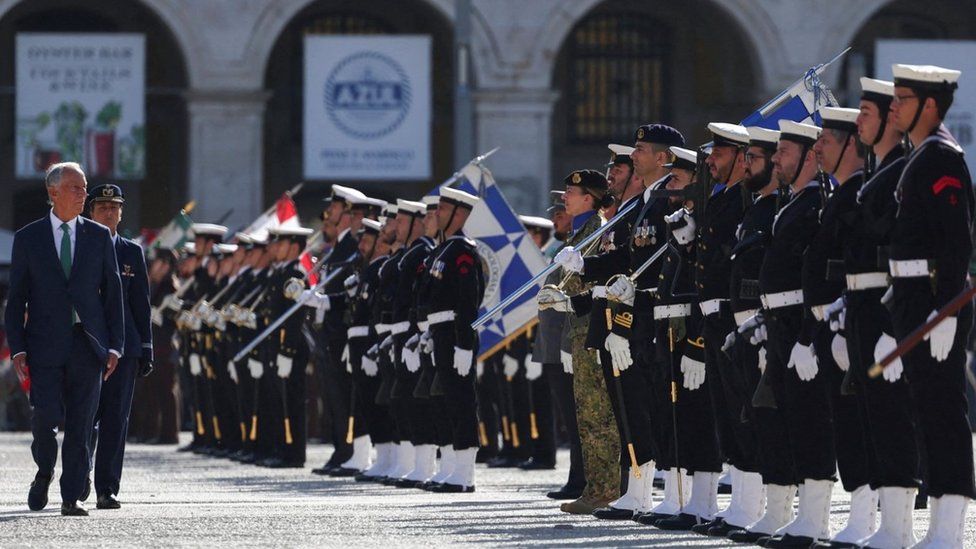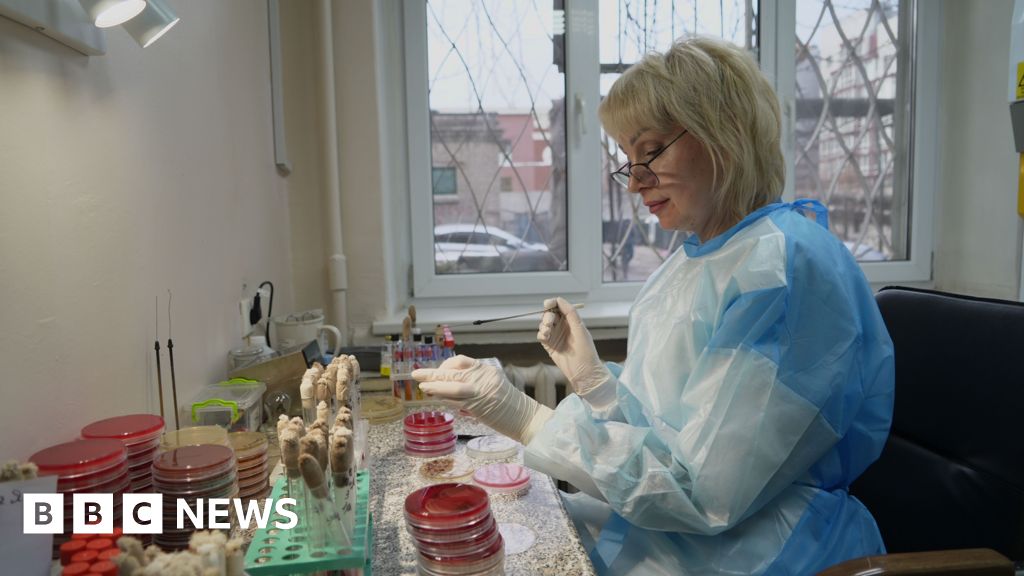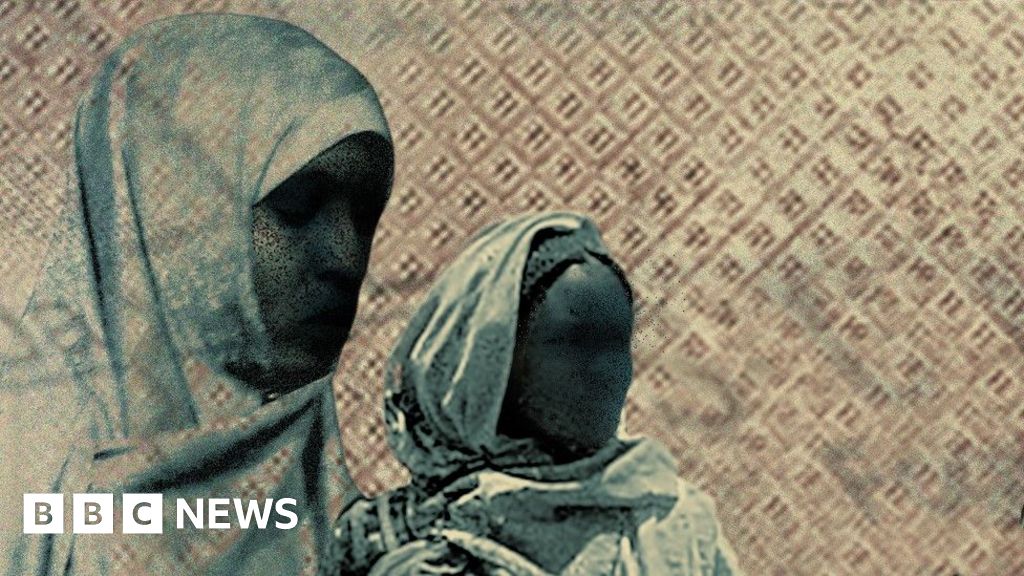ARTICLE AD BOX
 Image source, Reuters
Image source, Reuters
Portuguese President Marcelo Rebelo de Sousa, left, said Portugal should take "full responsibility" for its past
By Alison Roberts
BBC News, Lisbon
The Portuguese government has said it has no plans to pay reparations for the country's role in transatlantic slavery and colonialism.
The previously dormant debate about the country's role in the slave trade and other colonial-era abuses roared back into life last week after its President, Marcelo Rebelo de Sousa, suggested it should make amends for such "crimes".
But the right-of-centre government - dominated by a party that Mr de Sousa once led - dismissed the idea, while the far-right Chega party is to seek a vote in parliament condemning the president and his comments, which it said "undoubtedly represent a betrayal of the Portuguese people and its History".
It was in a wide-ranging conversation with foreign correspondents that the president was asked whether reparations were due for the slave trade, during which Portuguese ships took millions of people from Africa, mainly to Brazil, where they were forced to work on plantations.
In his response, he did not mention slavery, but said Portugal should take "full responsibility" for its past, citing massacres and looting as abuses for which it could "pay the costs".
Brazil's Minister of Racial Equality, Anielle Franco, demanded "concrete actions" to match these words.
Image source, EPA
Image caption,The far-right Chega party, led by Andre Ventura, have condemned the president's comments
However, on 25 April, at celebrations in Lisbon to mark the 50th anniversary of the coup that ended decades of dictatorship, Mr de Sousa did not return to the subject at an event attended by presidents of the former colonies whose path to independence was eased by the 1974 Revolution. In their own speeches, they described the date as a symbol of freedom; none mentioned reparations.
The government, meanwhile, only issued its statement on Saturday, after the president had expanded on his earlier comments by arguing that development aid and debt forgiveness could help make amends for the colonial past.
Portugal, he said, had an "obligation" to "lead" on this, warning it to avoid the fate of "other countries that... have lost the capacity for dialogue and understanding with their former colonies".
In a terse statement, the government said it "follows the same line" as its predecessors on reparations: "There was and is no process or programme of specific actions for this purpose."
In fact, the minister of culture in the previous, Socialist government had been looking into returning looted items. And the current minister, among whose past roles were director of a national museum whose collection includes items from former colonies, has backed the idea in the past.
Anti-racist groups and far-left parties that have long campaigned on these issues have returned to the fray in recent days. But Portugal's conservative president is making the running.
As he reminded foreign correspondents last week, under the dictatorship his father was governor of Mozambique and then the last minister for the colonies, so Mr de Sousa is well placed to discredit voices on the right who say that colonialism was not so bad, after all.

 8 months ago
27
8 months ago
27








 English (US) ·
English (US) ·